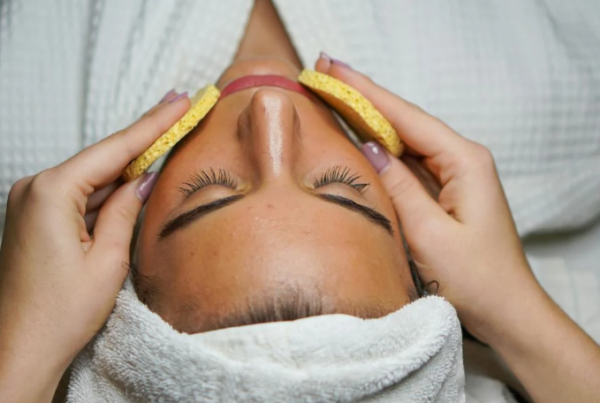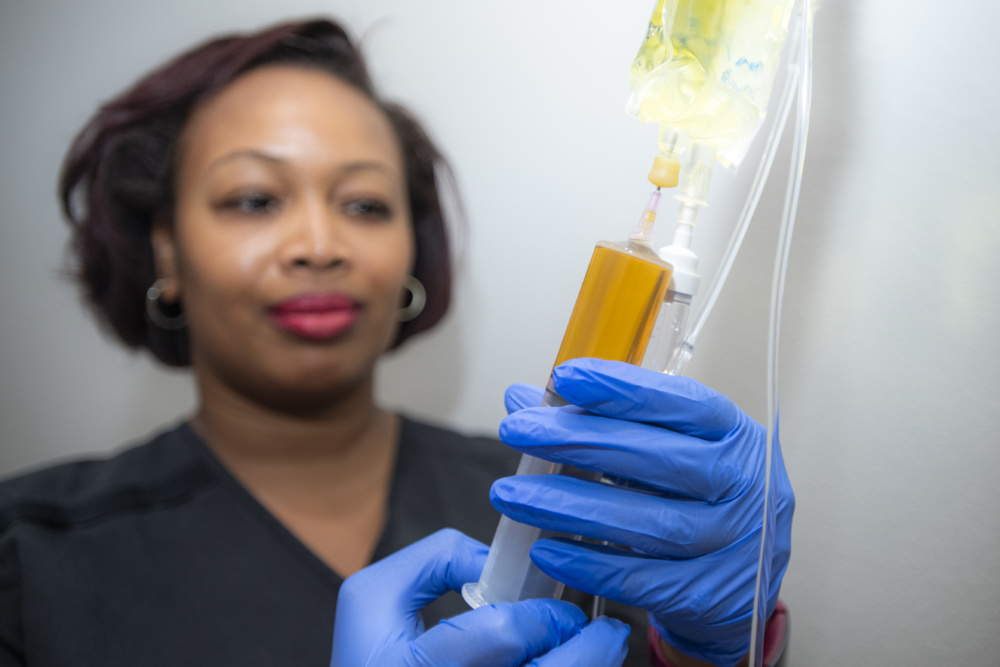Holiday Health Risks: 10 Ways Diabetics Can Protect the Body, Eyes and Psyche
By: Mary Maloney
While the holiday season is a joyous time of year for many, it can also be challenging for diabetics who need to watch their diets, continue to exercise and manage stress levels in order to keep their diabetes under control.
According to Key-Whitman Eye Center’s eye doctor Faisal Haq, “Uncontrolled diabetes can lead to diabetic eye disease, a group of potentially blinding eye problems including diabetic retinopathy, cataracts and glaucoma. The most common of these diseases is diabetic retinopathy, where blood vessels in the retina can become leaky and bleed.”
Dr. Haq encourages diabetics to consider the following health strategies to help keep diabetes in check and maintain eye health during the busy holiday season.
No. 1: Proactively limit high-carb, sugar-laden foods and beverages.
“As the holidays approach, we spend more time with family and friends, having nice meals and eating lots of delicious treats. Diabetics need to be careful with their carbohydrate load and the amount of sugar they take in during this time, because it can really add up and cause blood sugar levels to spin out of control,” Dr. Haq says.
Just because your mom’s rich, fattening and famous Christmas side dishes and uncle Walt’s spiked eggnog are on the menu, doesn’t mean you have to indulge. Prior to the festivities, plan to:
- Eat smaller portions of carb-rich foods, breads, gravies and sweets. When possible, it is advisable to avoid these foods altogether, but if you must cheat – be smart about it.
- Opt for healthy dishes when available. Offer to bring a healthy side, like a veggie tray with hummus or fresh fruit, and ask others to do the same.
- Skip sugary cocktails and punches. Opt for a club soda or glass of red wine instead.
No. 2: Schedule time in your calendar to exercise.
During the holiday season, it isn’t unusual for to-do lists and social commitments to pile up, while workout sessions head to the chopping block. As Dr. Haq explains, “With holiday shopping, parties and all the other activities we have going on, it’s easy to skip exercising – but don’t. Diet and exercise are the best ways to keep diabetes under control, so it’s essential for diabetics to commit to working out, even when schedules fill up.”
To make sure your exercise time doesn’t get hijacked by the holidays, consider the following strategies:
- Block time in your calendar to workout and stick to it.
- Seek out a workout buddy and schedule trips to the gym, mall walks or hikes nearby.
- Keep track of your exercise accomplishments. Recording successes on paper – number of workouts, miles walked, calories burned, etc. – can help you stay motivated.
No. 3: Feeling stressed? Take it seriously.
Many people endure added pressures during the holidays, but stress can be especially problematic for diabetics. According to Dr. Haq, “Stress can make any medical condition worse, because it creates certain hormones in the body that can be harmful. Cortisol is a chemical that often increases in the body during stress. It can also raise blood sugars and worsen diabetes.”
The more stressful life is, the more we need to remember the value of diet and exercise when it comes to managing stress. “Eating healthy and exercising regularly can definitely help reduce stress,” Dr. Haq says.
If you’re feeling especially stressed during the holiday season:
- Ask your primary care physician to recommend tips for managing stress in order to keep mental health and diabetes in check.
- Schedule time to decompress. When a busy week is looming ahead, make time to do something relaxing – meditate, get a massage, take a yoga class, etc.
- Continue to make healthy living a priority. Your health and your vision depend on you making healthy choices all year long.
No. 4: See an eye doctor who specializes in managing diabetic eye disease.
If you have diabetes and haven’t seen your eye doctor recently, schedule an eye appointment right away. According to Dr. Haq, “It’s absolutely imperative that diabetics see their eye doctor as least once a year for a full dilated eye exam. We look at every part of the eye from the front to the back and monitor the retina closely for signs of retinopathy.”
When eye doctors find symptoms of retinopathy, they can communicate those findings directly with the patient’s primary care doctor. This step is essential for ensuring the patient’s health. “Retinopathy is a key marker for the primary care doctor to be more aggressive in managing the patient’s diabetes,” says Dr. Haq.
Along with diabetic retinopathy, diabetics can be at an increased the risk of other eye diseases and conditions. As Dr. Haq explains, “People with diabetes, especially uncontrolled diabetes, are more likely to get cataracts earlier in life, and those cataracts are more likely to progress faster. There is also some evidence to indicate that people who have glaucoma and diabetes may experience a faster progression of glaucoma when blood sugars are not controlled.”
Eye doctors also screen for eye health conditions unrelated to diabetes, such as dry eye symptoms and macular degeneration.
“During a routine annual eye exam, we look at every part of the eye to make sure it’s healthy. When an eye health issue is found, it’s important to address it early. That way we have a better chance of slowing the progression of the condition and preventing it from getting to a stage that affects the patient’s day-to-day life,” Dr. Haq says.
About Dr. Haq:
Dr. Faisal Haq received his undergraduate degree from Boston University and earned his medical degree from the Boston University School of Medicine. He completed his ophthalmology residency at the University of Illinois at Chicago. Dr. Haq has been tending to the needs of Key-Whitman patients since 2006 and was recently recognized as a “Best Doctor” in Collin County by D Magazine in2011 and 2013-2017. Dr. Haq lives in Plano with his wife and two children. He loves to travel and has been on several surgical mission trips to Belize to perform charity cataract surgery.







Recent Comments